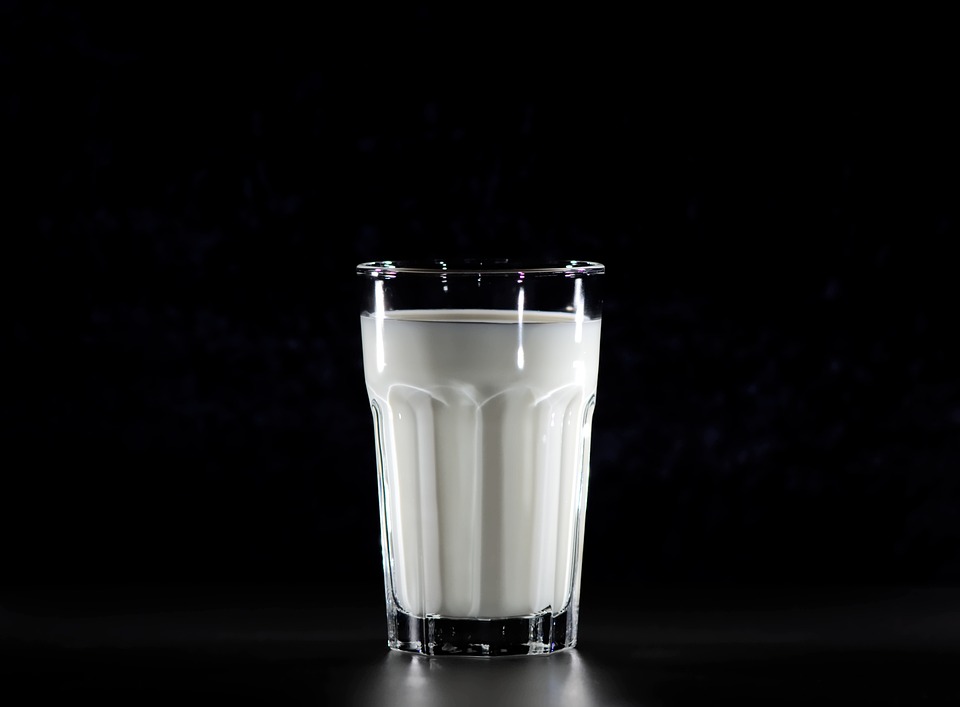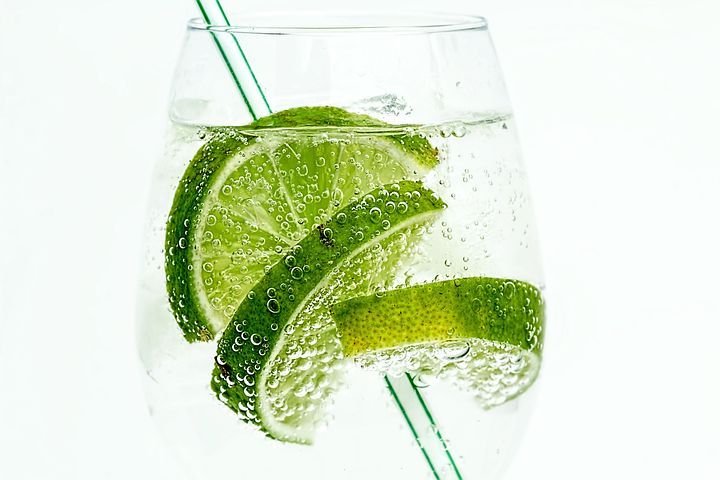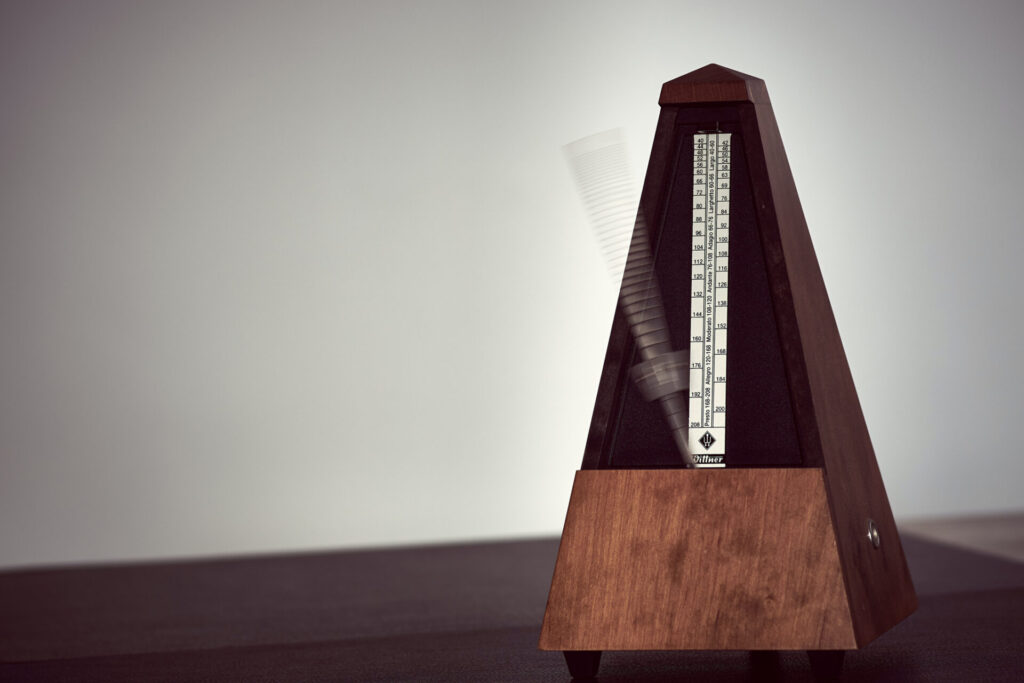+ Learn from Grammy-winning pop artist Kimbra how to harness the full creative potential of your voice in song. Check out her course.
As a singer, being in optimal health is paramount in order to use your instrument to peak ability. A big part of that is contingent upon the conditions your body is put under, and specifically, what you’re putting into it.
Singers always talk about hydration, when it comes to prepping the voice for a performance; but not all liquids are beneficial, and some should actually be avoided altogether. So, which liquids should singers be encouraged to drink, and which should you make sure to stay away from?
Some of the answers might surprise you! The best liquids to consume as a singer are the following.
Water

This is an obvious one, but it’s the most important one. Yes, all humans should drink water, and this is especially important so that a singer can remain hydrated in order to have the best vocal performance possible.
But how much water a vocalist should be drinking is also significant. Your standard recommended 8 glasses is a minimum, but most singers should plan on taking down an increased 10-12 on days with planned vocal use, like before shows or studio sessions. And be aware that it is effectively useless to just chug water right before you need to use your voice.
The benefits of the water on the body will not be acquired without adequate time to absorb it properly. Unfortunately consumption all at once in an attempt to “make up” for hours without regular intake won’t help you much before a performance. Steady hydration throughout the day is the most effective way to ensure you will be giving your body and voice what it needs, with a little extra during the periods of heavy usage.
Herbal Teas

Decaf herbal teas are great to soothe the singer’s voice, especially with added honey, lemon, or ginger. Many vocalists cite peppermint, chamomile, and licorice root as favorites due to their anti-inflammatory properties and being high in antioxidants.
These are safe to drink before, after, and during vocal use, and are best consumed warm — not too hot and not iced. Room temperature drinks are ideal, so the vocal muscles remain relaxed, resulting in the best vocal control possible.
+ Enjoy access to Soundfly’s suite of artist-led music learning content for only $12/month or $96/year with our new lower price membership. Join today!

Now onto the “bad list.” Here are the worst liquids for singers’ voices.
Milk

Milk (dairy in general) should be avoided when using your singing voice, as it increases mucus production in the back of the nose and throat. This leads to buildup and discomfort, often resulting in coughing and incessant throat clearing, which harms the vocal cords due to the aggressive overuse.
Many singers also experience reflux and phlegm, in addition to occasional digestive challenges due to the dairy intake making it hard for the body to process. No milk products should be consumed for at least a few hours before singing.
Alcohol

Singers should always limit or avoid alcohol intake altogether, mainly due to its dehydrating effect on the body. Alcohol also forces your body to work harder to reabsorb water, which is especially problematic during show time. Even non-singers often experience vocal loss after a night of heavy drinking, so it’s imperative to avoid this issue, no matter how tempting it may be to join in the social aspect with those around you.
On days requiring vocal performance, no alcohol should be consumed, so you can focus on hydrating your body, maintaining peak focus and attention, and unimpaired control for high and long notes.
+ Read more on Flypaper: “6 Tips for Optimizing Your Vocal Health.”
Coffee

Though this could be a tempting beverage choice during an early-morning studio session or late-night show, yet coffee is another liquid singers should try to stay away from. Even decaf coffees still contain small amounts of caffeine. Coffee is also a stimulant and causes a diuretic effect, resulting in vocalists actually losing water!
Additionally, caffeine negatively impacts mucus production and tends to constrict your muscles, making the throat feel tight. This causes singers to need to work even harder to produce their desired sound, leading to unnecessary damage and stress on the vocal cords.
Carbonated Drinks

Sodas, seltzers, and other carbonated drinks contain carbonic acid, which is a weak chemical said to increase reflux and trigger the nerve receptors in your mouth to cause irritation to the fine tissue in the throat and around the vocal box. The last thing any singer wants to do is have their tone and delivery impacted during a vocal performance, so it’s best to stick with flat drinks to be safe.
Fruit Juice

Many fruit juices should be avoided when singing due to their acidic properties. The mucous membranes of the vocal folds get burned and dried out if acid reflux occurs, especially from the juice of oranges, grapes, lemons, and pineapples. A lot of juices also sneakily contain processed sugars, which cause extra mucus and sticky saliva — definitely not ideal during singing!
+ Read more on Flypaper: “A Basic Guide to How the Human Voice Produces Resonance.”
So what’s the long and short of it all?
Plain, ole’ water is a singer’s friend, and caffeinated beverages should generally just be avoided altogether. Clean, flat drinks, free of alcohol, dairy, and acid are most beneficial to ensure you are performing at your absolute best, without limitation, inflammation, or strain.
Load up on your H2O, some herbal teas, and make sure the temperature is always somewhere between room temp and warm, and you will be singing your heart out all night long!
Don’t stop here!
Continue learning with hundreds of lessons on songwriting, mixing, recording and production, composing, beat making, and more on Soundfly, with artist-led courses by Ryan Lott, Com Truise, Jlin, Kiefer, RJD2, and Kimbra: Vocal Creativity, Arranging, & Production.




